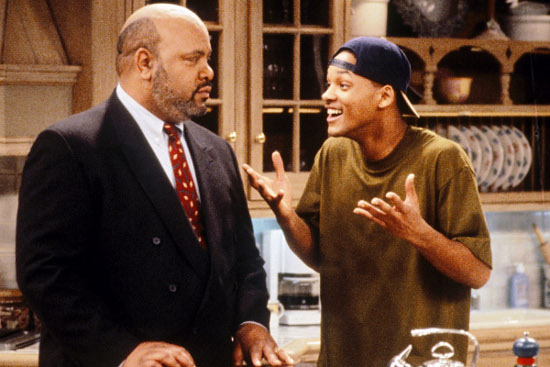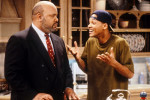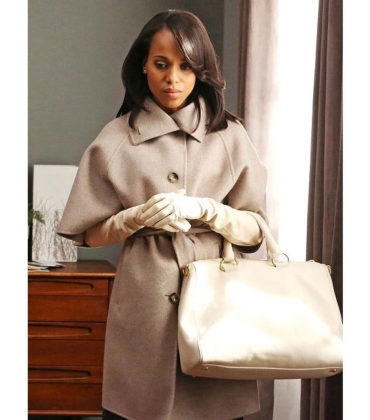
While it’s often considered reductive to identify an actor with one character they played at one point in their rather prolific career, Uncle Phil was more than just a typical Goofy TV Dad. Uncle Phil would not have been Uncle Phil without James Avery.
Uncle Phil was the perfect embodiment of loving authority. Uncle Phil was the father figure that some of us might have needed or wanted in our lives. James Avery portrayed the patriarch of the Banks family with a combination of silent and vocal rage, hilarious frustration, and comical gluttony. While Will was the star of the show, Uncle Phil was more than just a foil to Will’s goofy, “ghetto” kid from the streets of Philly persona. He was a constant in Will’s life, and a much needed source of guidance and support. In the iconic scene in “The Fresh Prince” where Will comes to terms with the reality of his absentee father, Uncle Phil barely says a word to Will, but his deep love and concern is apparent. If you cried when you watched that scene, your eyes might have welled up with tears as you heard Will wail “How come he don’t want me!”. But once Uncle Phil held Will in that strong embrace, you started bawling.
For black millennials like myself, we’re not only mourning the loss of a great actor who brought an amazing character to life, we are also mourning the loss of a particular era in African-American television. “The Fresh Prince” came at a time in America where race relations and political correctness were hot topics. It was also part of a “golden age” of sorts of African-American television that many people my age look back fondly on.
“The Fresh Prince” dispelled a lot of myths about diversity in television. It was watched and loved by people of all races, even if they might not have understood the cultural references. It portrayed a wealthy, educated black family complete with British butler but didn’t play to respectability politics. It acknowledged class diversity and the errors of social mobility. It addressed racism and other social issues affecting black families in America using sitcom tropes without falling victim to those tropes.
Uncle Phil was more than just a bumbling “TV Dad”, he was a multifaceted character portrayed by a fine man and fine actor. Rest in Peace, James Avery.




